By Seyi Lasisi
We started the Dialogue Series with an immersive and educative session with Unique Oliver last month. For the second part of the Dialogue Series, we have Adesuwa Omonzokpia, who describes herself as a “storyteller.” Make-up, editing, writing, story editing, and post-production work are what Omonzokpia diligently does. Although she’s more known for being an editor(with Artifact, Roses & Ivy, Awori, and Anjola to her credit) and director, she seamlessly moves through these distinct filmmaking departments.
The In Dialogue is Film Rats Club’s longstanding commitment to curating meaningful conversations about Nigerian and global cinema. The In Dialogue Series within the Film Rats community aims to encourage conversations. In this In Dialogue Series, with contributions from fellow club members, we explored the art of writing and storytelling, Omonzokpia’s observations on the industry, and her recommendations for its growth.
Let’s begin the Dialogue with an “easy” question. How has the year and week been for you and what have you been working on so far?
It’s been a great year so far, we thank God. Uhm so far…let’s see. Directing a couple of projects, and a bit of writing. But I’ve spent a chunk of my time doing Post-supervising.
A bit personal. How did you get into filmmaking?
I’ve always loved telling stories; over the years, I have found various forms of creative expression. I was the student that would be in drama club today, literature tomorrow, and debate club the next. During this period, I picked up writing. Writing led me to theatre arts, and then that led me to filmmaking.
This is such a concise way to put it. So, why writing? When did writing happen, and what were you writing during that period?
Honestly, I don’t know. I just know that it’s something that exists for me; it always has. If I could get you to listen to me long enough, I would somehow be able to convince you. And that’s what I get with writing. It was only a matter of time before I started writing creatively, so to speak…That’s basically it. And of course, there was the writing my teenage feelings phase.
Poetry! My first love. This happened during my senior secondary school period. I had just started taking Literature…and Mr. Afanu, my teacher, was just really amazing and quite dramatic with his teaching. Oh the drama! Come to think of it, a lot of my fascination with theatre probably is because of him. He would always perform the poems for us in class. And I just fell in love with poems. The rhythm, the flow, the heart basically.
How did writing for film begin?
My film career, so to speak, exists in two phases. As I mentioned earlier, I am always on the lookout for, or rather, finding ways to creatively express myself. After secondary, one of the skills I picked up, through YouTube tutorials, was Makeup. I can’t even remember how I got my first filmmaking experience. Probably the producer saw something I uploaded or something. Plus, Makeup and SFX weren’t very popular at the time. However, by chance or so, I found myself on my first film set(Dare the Orange Boy) as a Makeup & SFX artist. It was a short film; a one-day shoot. I’d go on to do that for 2 more projects; one feature & one series before I resumed University.
That’s phase one. After I resumed school, I had to stop working. And by the time I graduated, I had somehow found my way into directing. COVID-19 happened during this time. Like others, I wasn’t able to go for NYSC. Going through YouTube, I found editing. In 2021, I shot Grapes, my first short film, and the rest, they say, is history.
I saw that you did Makeup in 2017. You also edit, write, and, as you mentioned at the start of the dialogue, post post-production work. What unifies these seemingly different roles for you?
I don’t know how this happened, to be honest. I just always find myself in every department that year. I’d dance in this project, costume in the next, and act in another one. I can’t count how many times people asked me if I had time for anything else. Lol. So I’ve gba kamu (be in trouble) that I cannot stay in one place. At different stages/phases of my life, I’d probably be expressing myself differently. It’s why I like to brand myself simply as a storyteller.
How do you explain these two seemingly identical words: writing and storytelling?
I’d say one’s about the craft, the other’s about connecting with people. Stories are innate to us; they’ve been how we make sense of the world long before written language. Storytelling is the soul, and writing is the vessel. You need both, but it’s the story, the heartbeat beneath the words that truly lingers.
You write and direct. In your experience, how important are these two roles, and how has it eased or stressed your understanding of writing and directing, as the case may be?
Super important, actually, and this goes without saying. I just find that I’m able to kind of make much more informed decisions while filming, cause I already know what it’ll look like post-production-wise. I find that I’m subconsciously editing the film as we’re shooting. I’m able to say no to a cinematographer that I don’t need a particular shot because, as an editor, I know I won’t use it. Editing helped me make that transition from a stage director to a film director. It gives me a broader understanding of camera language and the possibilities. And I must mention that writing makes me a better Editor, I believe that’s what gives me the edge that I have in the post-production space. I never look at footage just the way it was shot. Nope. I’m in front of my computer, cracking my knuckles, twisting my neck like let’s freaking go. It’s story time.
You’re equally a story editor. Within the context of Nollywood, can you explain this term and how you think producers are accepting the role of story editors?
Okay. It’s a role that I kind of find myself having to take on more recently, as I started directing commercially. I get scripts and instinctively know what will and won’t work because they are either riddled with super cringey dialogue, or they completely fall apart after the first act. I find that editing (post production) helps me sort of see the end from the beginning, and over time, I’ve been able to recognize potential problems from scripting. I don’t think a lot of our mainstream producers are able to see script problems until post-production actually. And I remember it was something I learnt the hard way on my first feature as a producer/writer.
And I do think that more producers in Nollywood should ask questions like this. I mean, we have projects that after the first cut we have 3 hrs runtime, and then we have to cut that down to 1hr 30 minutes or 2 hrs at most. How’s the film supposed to be coherent, please?
Do you think producers are gradually embracing the role of script editors and also, how do you think we can make producers recognize the role of script editors in the filmmaking process?
Honestly, I can’t say. Like I said, it’s only as I started directing more commercially I was able to make this call on projects and insist. Maybe I’ve just been blessed with producers who listen to me, or maybe my wahala is too much. There’s a particular producer who listens to me now because the first time she didn’t, I was rewriting dialogue on set and basically shot another draft entirely.
This is troubling. Do you think there are conversations that can be held or things that can be done to make the role of script editors compulsory during the filmmaking process?
When there’s already a solid team of writers, and the head writer basically takes on this responsibility….And the Film editor is very involved in the scripting. We have a higher probability of the script making a seamless transition into most productions, there’s not a lot of rewriting that then has to happen in the editing room. So what I would say is, more producers should explore bringing the film editor on as early as during scripting.
You have worked with a couple of production houses and studios. What has working with these filmmakers and all taught you about upholding industry practices?
Working with a few production houses and studios has taught me that keeping things organized is key to letting creativity soar. It’s all about clear communication, respecting deadlines, and nailing those little details from start to finish. You can be the most creative human on the planet, and that means nothing if you’re not bankable. Meaning you need to show you can deliver results and get things done reliably. It’s about balancing that creative spark with a proven track record.
IMDb is important for documentation, amongst other things. How can filmmakers key into it?
I’m still finding the answer to this question. I do have an IMDB page that I try to keep updated. But honestly, right now it’s one of those things I’m doing just because. It’s easy when someone asks for your resume to say Okay, let me send my IMDB profile so you’ll know I’m a serious filmmaker.
What do you love about the film industry?
Lol. The people. The community. I’ve been incredibly blessed to meet really amazing people and just as lucky to work with people I now consider family, simply put. Somewhere in the vast Nollywood ocean, we just occupy our own small space, lament today, laugh the next, get excited, get heartbroken, and above all, get to build something.
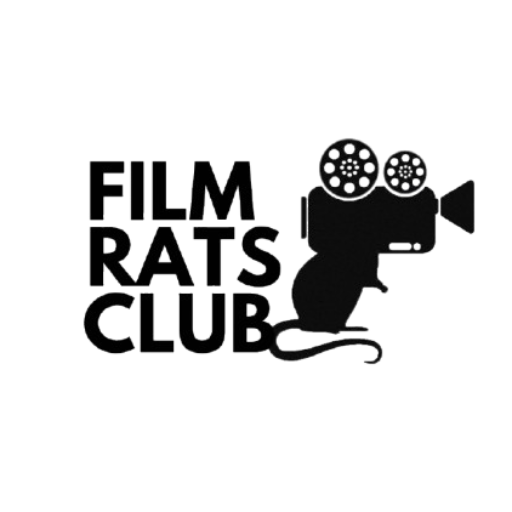
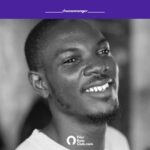
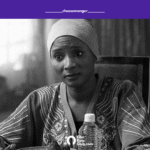
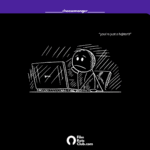
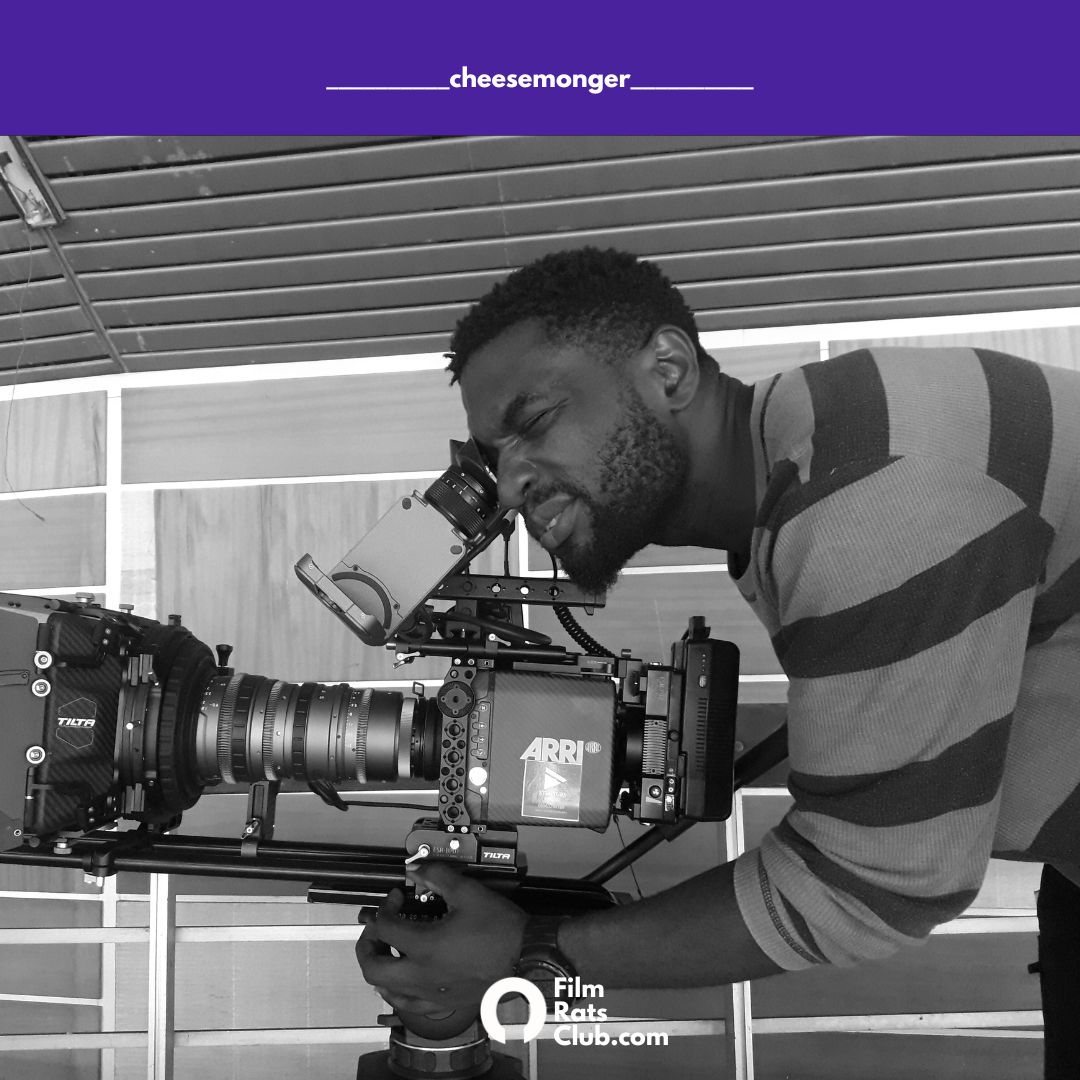
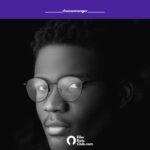
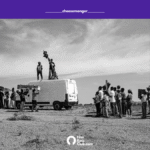
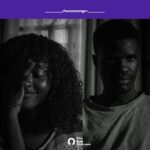
1 thought on “IN DIALOGUE WITH ADESUWA OMONZOKPIA”
What’s up to all, the contents existing at this site are actually awesome
for people experience, well, keep up the nice work fellows.